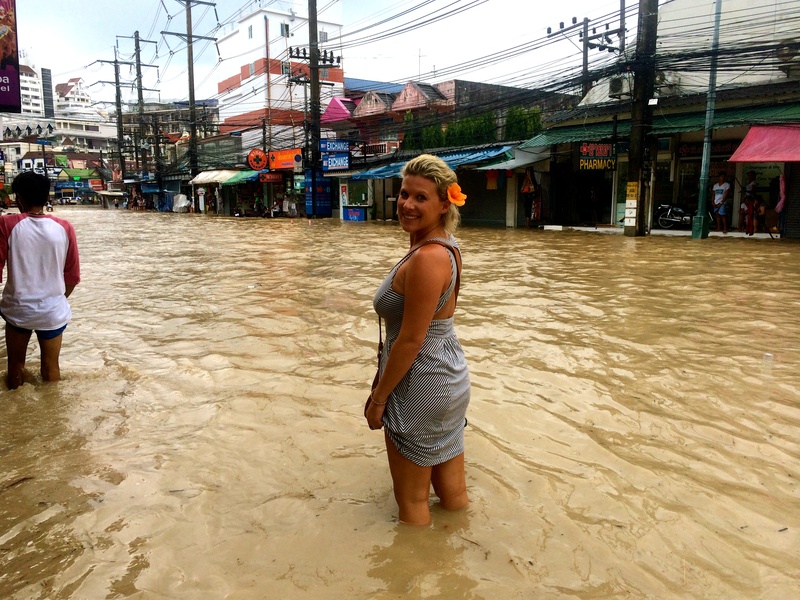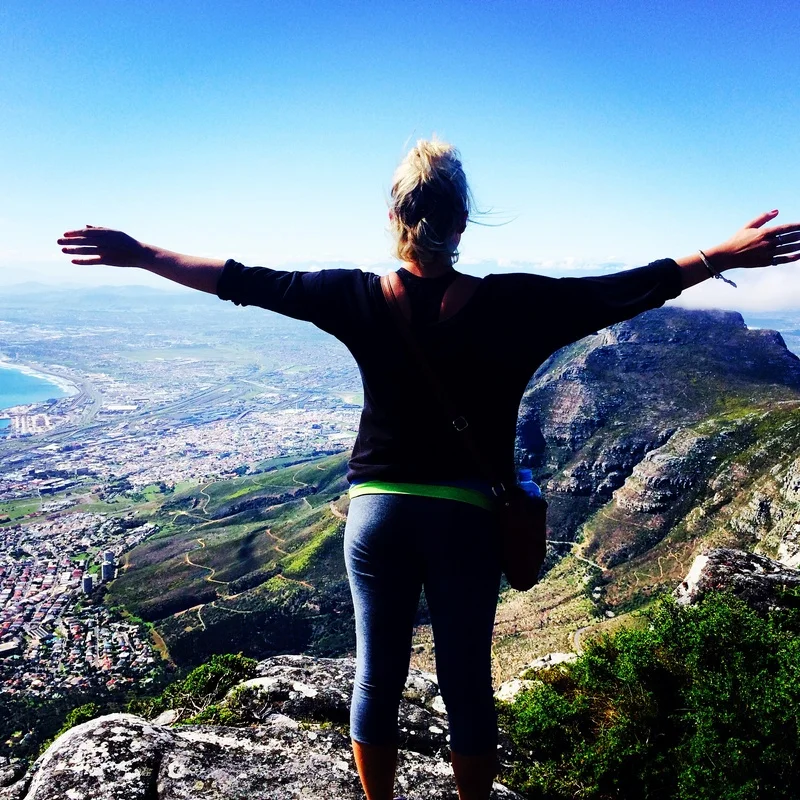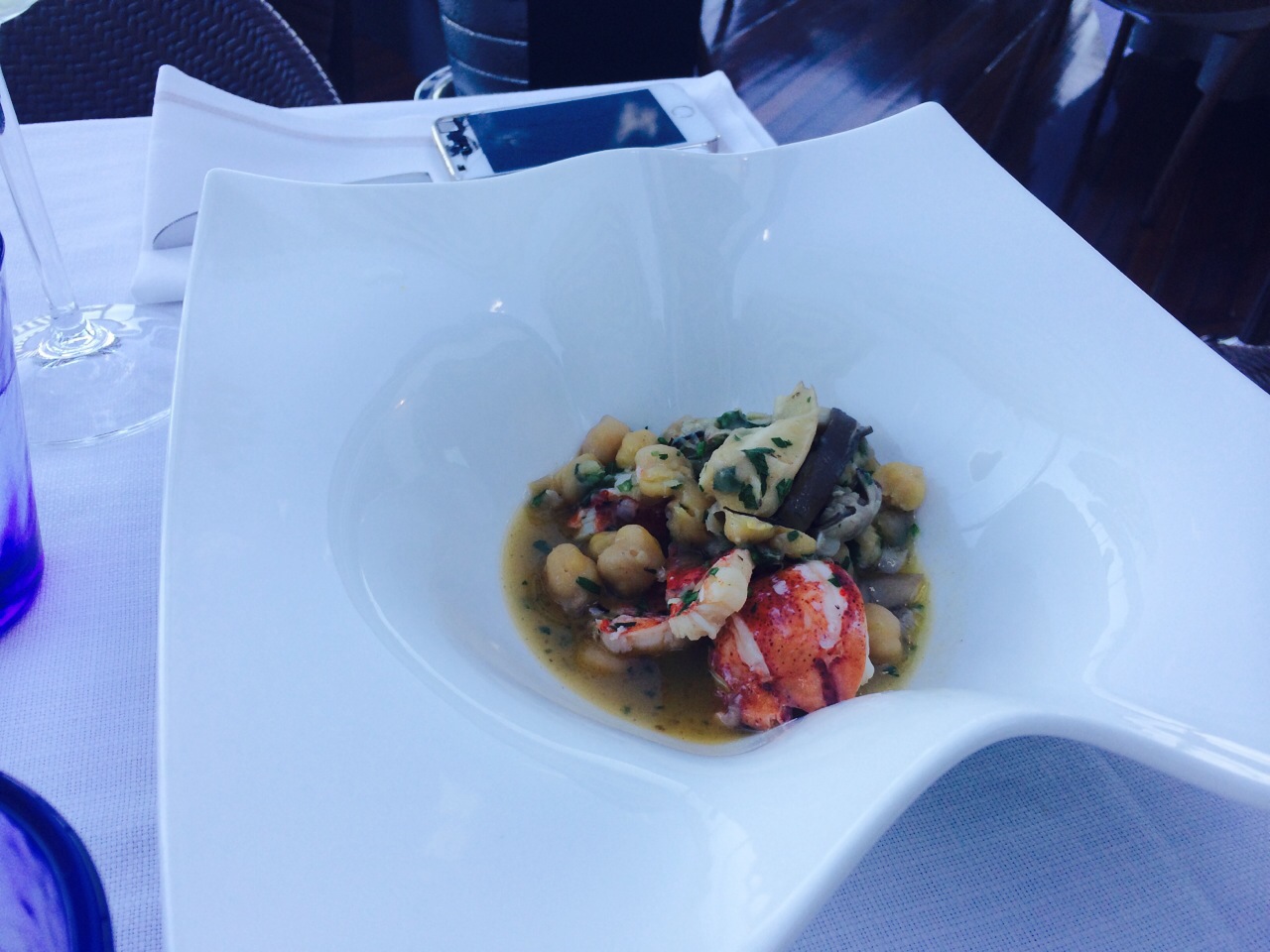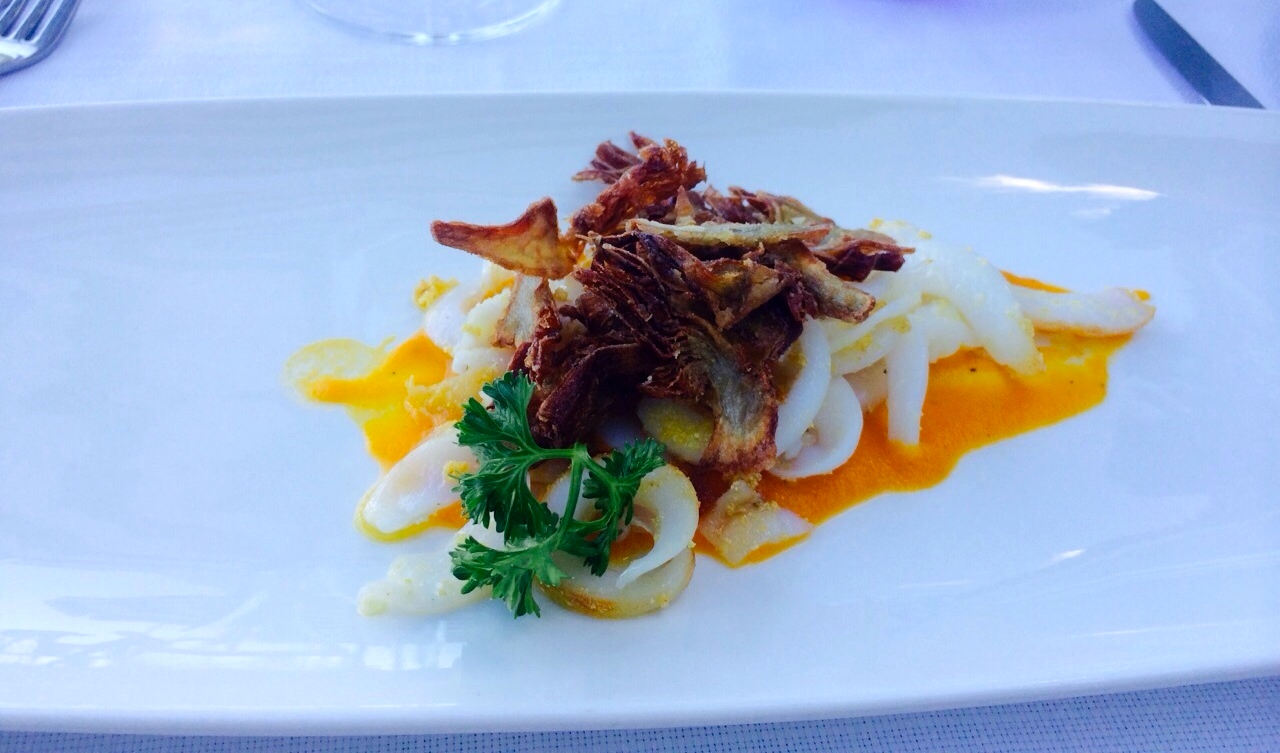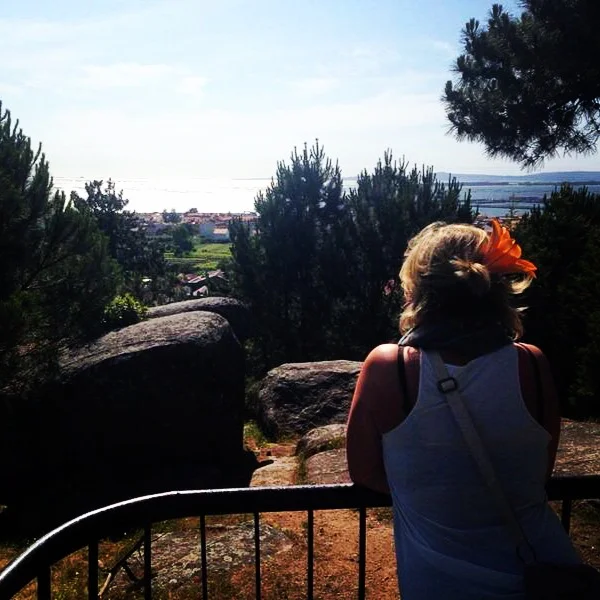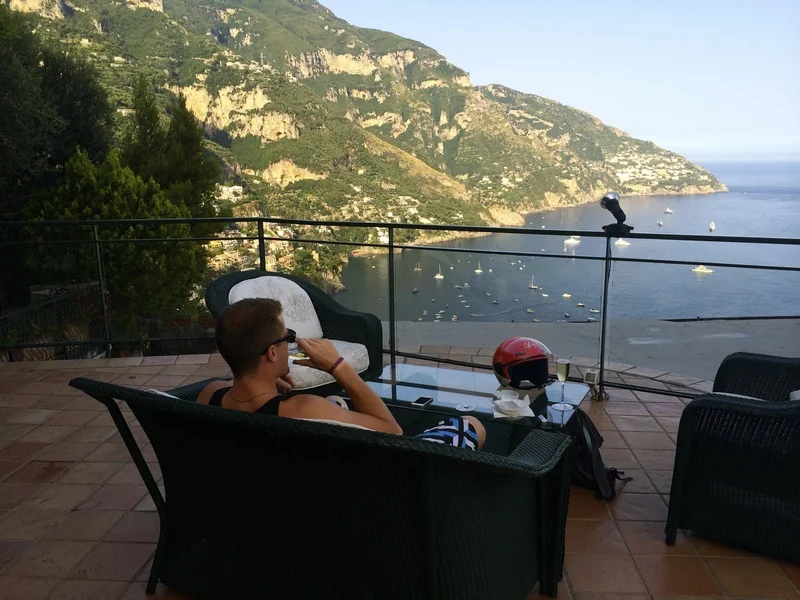Do ... eat street food. And eat it for breakfast.
There is something indescribably life fulfilling about putting down a bowl of spicy red curry at 9 am, and sweating out your head while sitting on a nearly uninhabited beach.
Don't ... try to figure out what it is that you are eating.
This is not a place for the picky eaters or weak stomachs. You will most likely realize that those two balls floating in your soup were, in fact, testicles only after eating them. Try to leave that in the past.
Don't .. expect the Thai street vendors to understand you.
When she hands you a spoon after you ask for your change, just take it with a smile. Then go visit your friendly 711, buy a large Leo beer, find a filthy Bangkok stoop to sit on and sweat your face off while eating this spicy deliciousness.
Don't ... stay in Bangkok any longer than necessary.
It is a foul, grey city infested and overpopulated. The steam of the sewers mixed with the steam of the air is just too much to bare.
Do ... make the trip up north to Chiang Mai.
Southern Thailand is known for its exotic islands and they are intoxicatingly beautiful. But the north has a soul and charm of its own. Different food. Different people. Visit the long necked Karen tribes up in the mountains or immerse yourself in the abundant wildlife.
Do ... learn to speak elephant.
Elephant riding is a popular tourist attraction in Thailand. Unfortunately, most of the parks and companies that provide it, treat these gorgeous creatures obscenely inhumane. Research. Find an elephant rescue and protection community to visit if you want to interact with these wondrous giants. You'll learn each elephant's story, history, and personality. And be able to speak their language too!
Baan Chang Elephant Park
Do ... cuddle baby tigers.
Ok. Yes, it's touristy. And yes, I know that there is a lot of controversy over places like Tiger Kingdom and the like who cage animals and charge people to pet them. These huge cats were meant for the wild and yes, there is something infinitely depressing about seeing those magnificent beasts all cooped up and seemingly drugged out, spending their days tolerating lines of people gawking and touching them. BUT ... those baby tigers. Oh, those sweet, innocent, wide-eyed, playful newborns. They will steal your heart and never give it back.
Don't ... drink the water.
If you're anything like me (and I'm assuming you're not), you will have disregarded all traveling precautions and by the time you get to Thailand, you will have drank the tap water in 6 different countries for the past 4 months and proclaim your immune system invincible. It's not. You will spend a week cradling a toilet in immense pain. (That being said, it could have been the testicle soup, or the sun cooked pork that did me in. Never could tell.)
Don't ... drink the Red Bull. Or the wine.
The popular carbonated energy drink in America promising to give you wings is actually a syrupy concoction fueled with nitroglycerin in this country. You will have a heart attack. And die.
Don't get me started on the wine.
Just don't.
Don't ... book a hotel on a dead end street during Phuket's rainy season.
You will walk through brown raging rivers to get back home. You will stub your toe on a brick. And you will fall under.
Do ... travel by long tailed boat.
It is now my life goal to become one of these Thai men - career boat drivers - with their shirts tied around their heads, standing cool and confident at the back of the boat, one leg pulled up by their side, steering this truly amazing piece of wooden handicraft with their foot atop the 6 foot motor rod like they've been doing it since they could walk.
Sat with 5 strangers, the boat is in a constant state of capsizing every time somebody jumps off at the next island or beach. Turquoise sprays from the sea as you stare gape jawed through salty eyes at the towering stone eruptions that somehow emerged sporadically throughout the sea.
Do ... go off the grid.
Go to Koh Chang - an under populated and under developed island. A rusty, decrepit ferry will take you from the port of Trat over to this island nature reserve at an impossibly slow pace, or hitch a ride with one of the local fishermen. Stay in a bungalow with no wifi, no air con, or working shower, at the edge of a beach that no one walks on. There is nothing quite like waking up soaked in sweat, tangled in mosquito netting, with no way of communicating with anyone other than the few that wander here.
It may not sound glamorous and that's because it's not. There is no relief from the sweat or the heat because the crystal clear water is just as hot as the air and the food is hotter than the both combined. Throw the make up and the hair products off the boat because they are lost here (that goes for all of Thailand.) Remove yourself from the world. I dare you.


